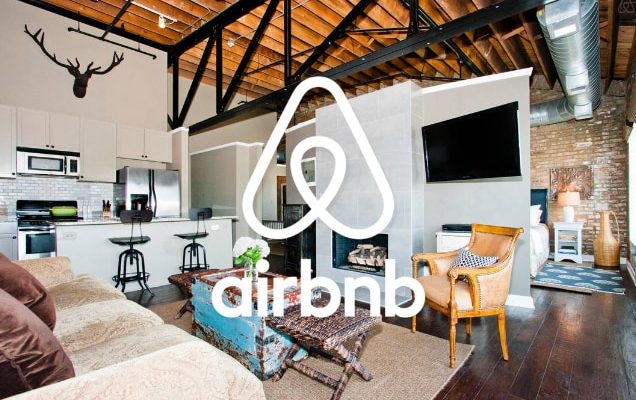Airbnb is introducing a new “enhanced cleaning initiative” with measures set to curb the spread of the Novel Coronavirus.
AirBnB Cleaning Initiative
The new cleaning protocol is not required for property hosts. However, guests will be able to see which hosts are participating in the cleaning initiative.
This is the first overarching standardized protocol for cleaning and sanitization in the home-sharing industry.
The initiative will include a 24-hour vacancy period between bookings, that will take effect in May, according to a company blog post. An Airbnb spokesperson said in an email to The Verge that they will continue to work to ensure that their guidance reflects the most recent information.
Airbnb says that hosts should continue to abide by local social distancing and shelter-in-place rule.
The current recommendations state that: If a person infected with the novel coronavirus has visited an Airbnb, they need to
- Close off areas used by the sick person
- Open windows to increase air circulation
- Wait 24 hours before cleaning and disinfecting.
Booking Buffer
The cleaning protocol above will require hosts to use a list of approved products, Airbnb said. If hosts aren’t able to commit to the requirements of the cleaning protocol, they can opt to use what the company is calling a booking buffer.
This is where the hosts agree to keep their properties vacant — except for cleaning — for 72 hours. The same 24-hour waiting period before entering the building to clean would apply.
Airbnb did not address a question about whether hosts would be reimbursed for purchasing the approved cleaning products. The guidelines for the cleaning protocols also include recommendations for what personal protective gear they would use.
For example, hosts should wear masks and gloves while cleaning their properties. Airbnb had plans to go public this year that were sidelined by the pandemic. The company saw revenue of more than $4.8 billion for 2019, according to Reuters.






Are you ready to stretch your brain? quordle awaits you. In infinite word games, you can put your vocabulary to the test and compete against your friends. Join the fun now!